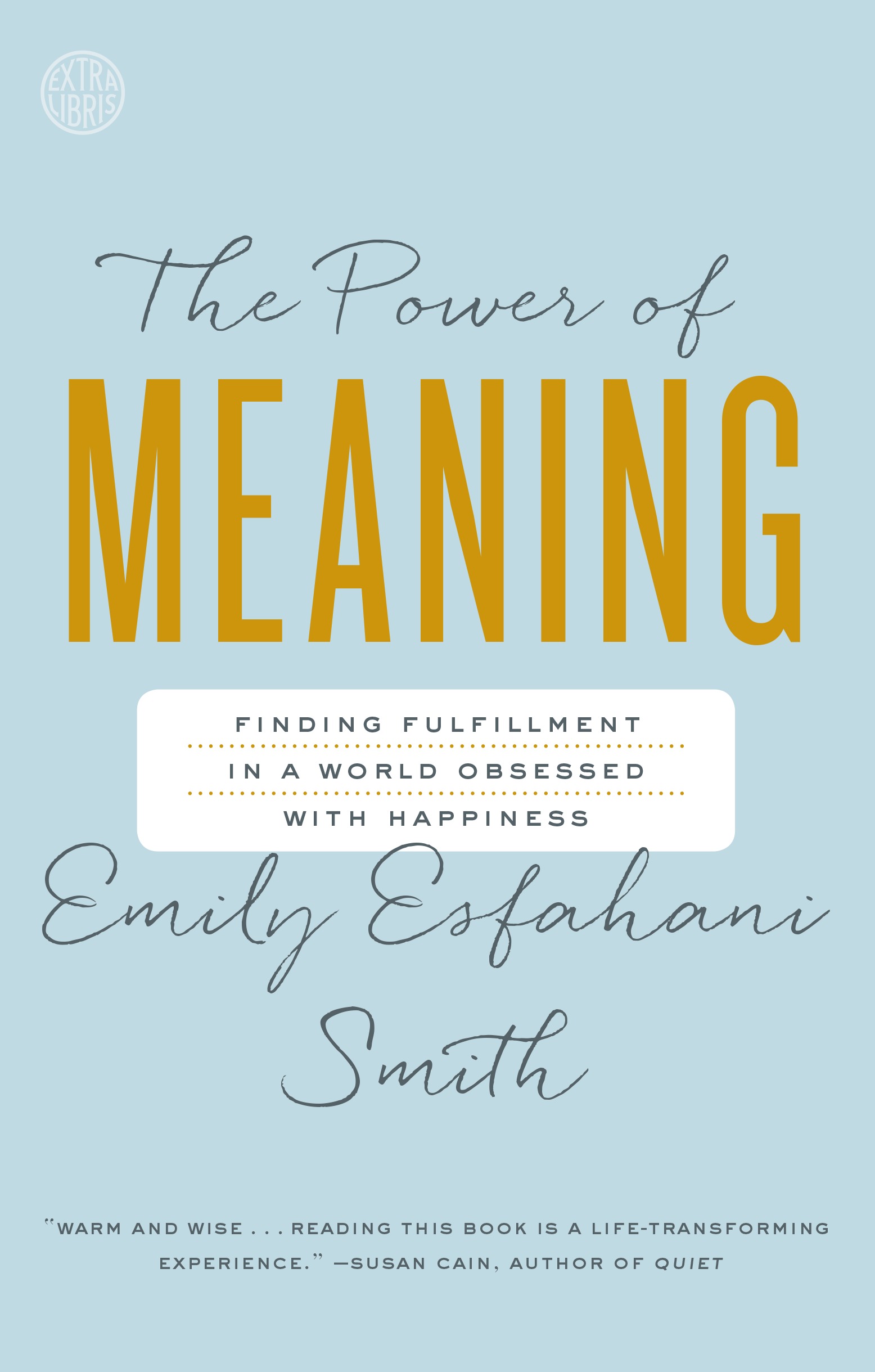One of the most memorable scenes of the Oscar-nominated film Silver Linings Playbook revolves around Ernest Hemingway's A Farewell to Arms, a novel that does not end well, to put it mildly.
Patrizio Solitano Jr. (Bradley Cooper) has come home after an eight-month stint being treated for bipolar disorder at a psychiatric hospital, where he was sentenced to go after he nearly beat his wife's lover to death. Home from the hospital, living under his parents' charge, Pat has lost his wife, his job, and his house. But he tries to put the pieces of his life back together. He exercises, maintains an upbeat lifestyle, and tries to better his mind by reading through the novels that his estranged wife Nikki, a high school English teacher, assigns her students.
Pat takes up a personal motto, excelsior -- Latin for "ever upward." He tells his state-appointed therapist, "I hate my illness and I want to control it. This is what I believe to be true: You have to do everything you can and if you stay positive you have a shot at a silver lining."
Which is why the Hemingway novel, which is part of Nikki's syllabus, is such a buzz kill. When he gets to the last pages, and discovers that it ends grimly with death, he slams the book shut, throws it through a glass window of his parents' house, and storms into their room in the middle of the night, saying:
This whole time you're rooting for this Hemingway guy to survive the war and to be with the woman that he loves, Catherine Barkley... And he does, he does, he survives the war after getting blown up. He survives it and he escapes to Switzerland with Catherine. You think he ends it there? No! She dies, dad! I mean, the world's hard enough as it is, guys. Can't someone say, hey let's be positive? Let's have a good ending to the story?
Another best picture nominee, Life of Pi, employs a similar device.Pi finds himself aboard a lifeboat with a ferocious Bengal tiger in the aftermath of a shipwreck that has his entire family. Lost at sea in the Pacific Ocean for 227 days -- starved, desperate, and forced into a game of survival with the tiger -- Pi pushes forward, even though he, like Pat, has lost everything. Pi says, "You might think I lost all hope at that point. I did. And as a result I perked up and felt much better."
Pi's resilience is incredible once you realize what happens on board the lifeboat and how Pi copes with the tragedy that he witnesses and endures. There's more to the story than the boy and the tiger. Though what really happened is terrible, Pi chooses to tell a different story. His parallels what really happened, but is beautiful not bleak, transcendent not nihilistic.
"Which story do you prefer?" he asks at the end.
***
This questions turns out to matter a great deal if you are trying to figure out who grows after trauma and who gets swallowed up by it, a question that each movie addresses and that psychologists have been grappling with for years. Think back to the last time you experienced a loss, setback, or hardship. Did you respond by venting, ruminating, and dwelling on the disappointment, or did you look for a faint flash of meaning through all of the darkness -- a silver lining of some sort? How quickly did you bounce back -- how resilient are you? . . . continue reading at The Atlantic.


